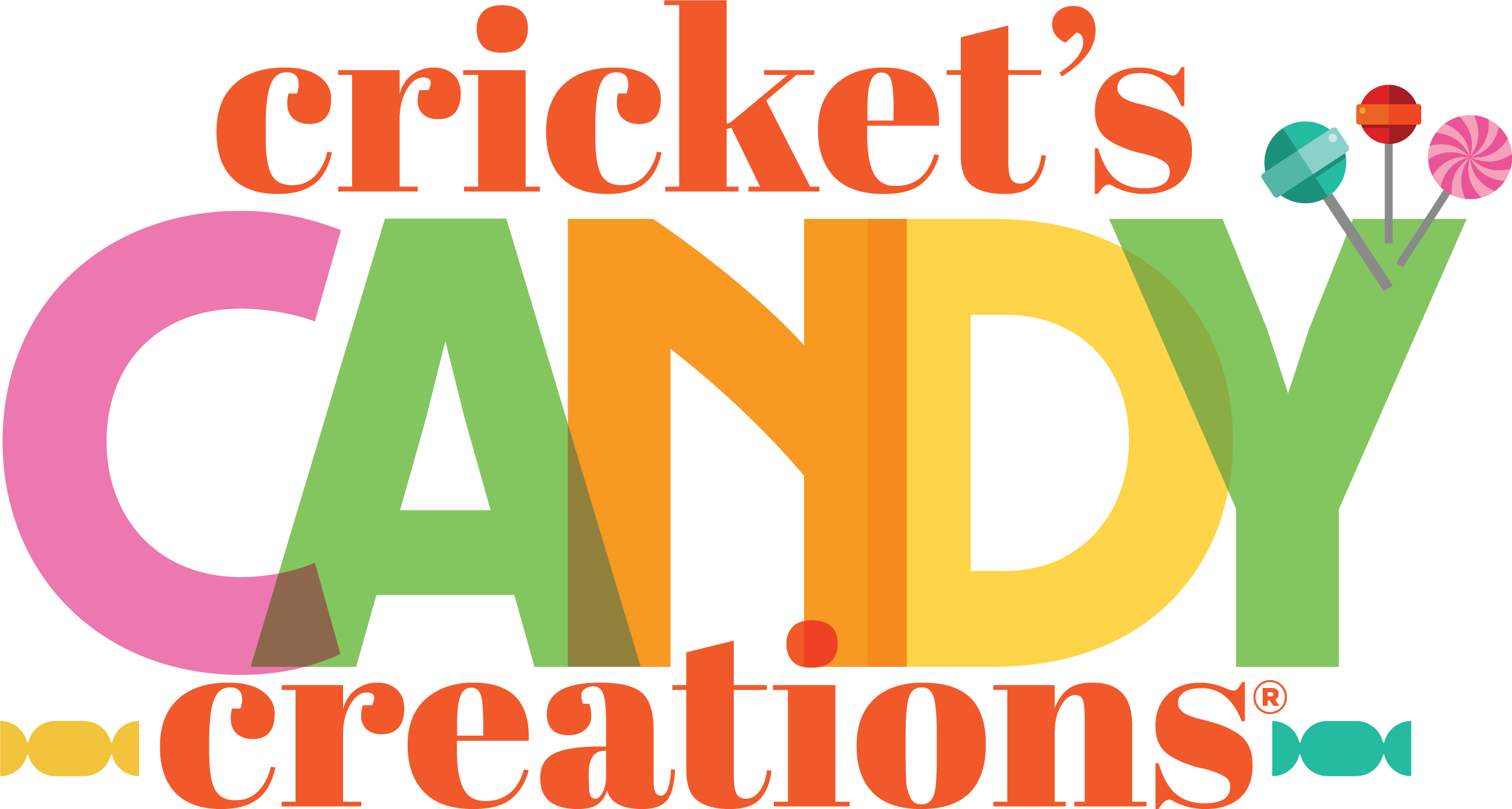Painting isn't merely a messy pastime for kids; it's a powerful tool that shapes their development in profound ways. Beyond the smudged handprints and colorful chaos lies a world where brushes become magic wands, and canvases transform into gateways for self-discovery. Let's delve into the enriching effects of painting on childhood development.
Fine Motor Skills Enhancement: The seemingly simple act of holding a paintbrush and maneuvering it across a canvas works wonders for fine motor skills. As young artists grip brushes, mix colors, and create intricate strokes, they're refining coordination and honing the dexterity essential for various daily tasks and future academic pursuits.
Cognitive Growth and Problem-Solving: Painting is a cognitive workout. Children engage in decision-making as they choose colors, plan their compositions, and solve visual problems. This creative process stimulates critical thinking, spatial awareness, and the ability to envision outcomes – skills that extend far beyond the art studio.
Emotional Expression and Regulation: The canvas becomes a safe space for emotional expression. Painting allows children to convey feelings they might struggle to articulate verbally. It becomes a therapeutic outlet where they can explore emotions, fostering a sense of self-awareness and emotional regulation.
Boosting Confidence and Self-Esteem: Every stroke is a celebration of creativity. When children see their ideas come to life on canvas, it builds a sense of accomplishment and self-worth. Painting empowers them to trust their abilities, cultivating a resilient mindset that extends into other areas of life.
Social and Communication Skills: Art is a universal language, and painting provides a medium for children to communicate and collaborate. Whether it's sharing materials, discussing ideas, or working on group projects, painting fosters social skills, encouraging teamwork and effective communication.
Mindfulness and Focus: Painting engages a child's attention and encourages mindfulness. As they immerse themselves in the creative process, they develop the ability to focus, concentrate, and stay present – valuable skills applicable both inside and outside the art studio.
In essence, painting is more than a splash of color on a canvas; it's a transformative journey for childhood development. So, hand over those brushes, embrace the mess, and watch as your child paints strokes of brilliance that extend far beyond the art studio – shaping a foundation for a vibrant, imaginative, and well-rounded future.

